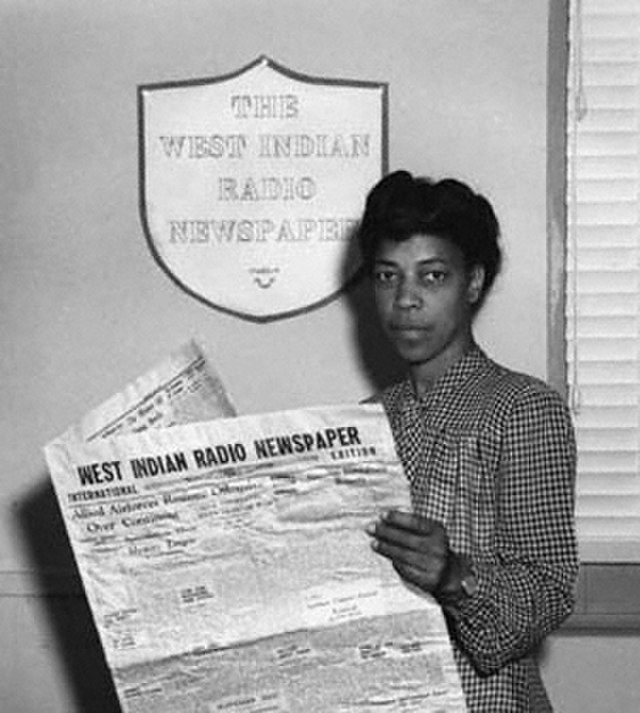Honouring Una Marson – Pioneering Caribbean Poet, Publisher & Broadcaster at Manchester Poetry Library
Honouring Una Marson – Pioneering Caribbean Poet, Publisher & Broadcaster
Manchester Poetry Library
20th June 2023
Get here sustainably

Join contemporary Caribbean poets, a researcher and a publisher to honour and pay tribute to Una Marson, celebrating her significant contribution to the development of Caribbean literature and her legacy as a Jamaican, feminist, anti-racist poet. Her work embodied anti-colonialism and pan-Africanism, and her writing radically affirmed standards of black beauty and black identity from the 1940s well before the Black Power Movement.
In 1930, Marson published her first collection of poems, entitled Tropic Reveries, that dealt with love and nature with elements of feminism. It won the Musgrave Medal from the Institute of Jamaica. Marson moved to London in 1932. The racism and sexism she met there “transformed both her life and her poetry”; the voice in her poetry became more focused on the identity of black women in England.
In 1935, Una served temporarily as personal secretary to Marcus Garvey (who was resident in the UK at the time) and wrote occasional pieces for his Black Man newspaper. She worked as a secretary for the Ethiopian Legation. In 1936, she travelled with Emperor Haile Selassie to Geneva, where he made his historic address to the League of Nations.
Una championed Jamaican literature and provided a platform for budding young writers who went on to form the Caribbean literary canon. She was the first black woman to be employed by the BBC during World War II. In 1942, she became producer of the programme Calling the West Indies, turning it into Caribbean Voices, which became an important forum for Caribbean literary work. More than two hundred authors appeared on Caribbean Voices, including V.S. Naipaul, Samuel Selvon, George Lamming and Derek Walcott. It was described by Kamau Brathwaite as “the single most important literary catalyst for Caribbean creative writing in English”.
“She did not frame her work around a single cause but, instead, she was mindful of the multiple intersections of oppression. In the end, through her advocacy and pioneering work, Marson achieved a voice for the oppressed”. UWI Press.



